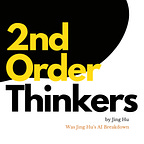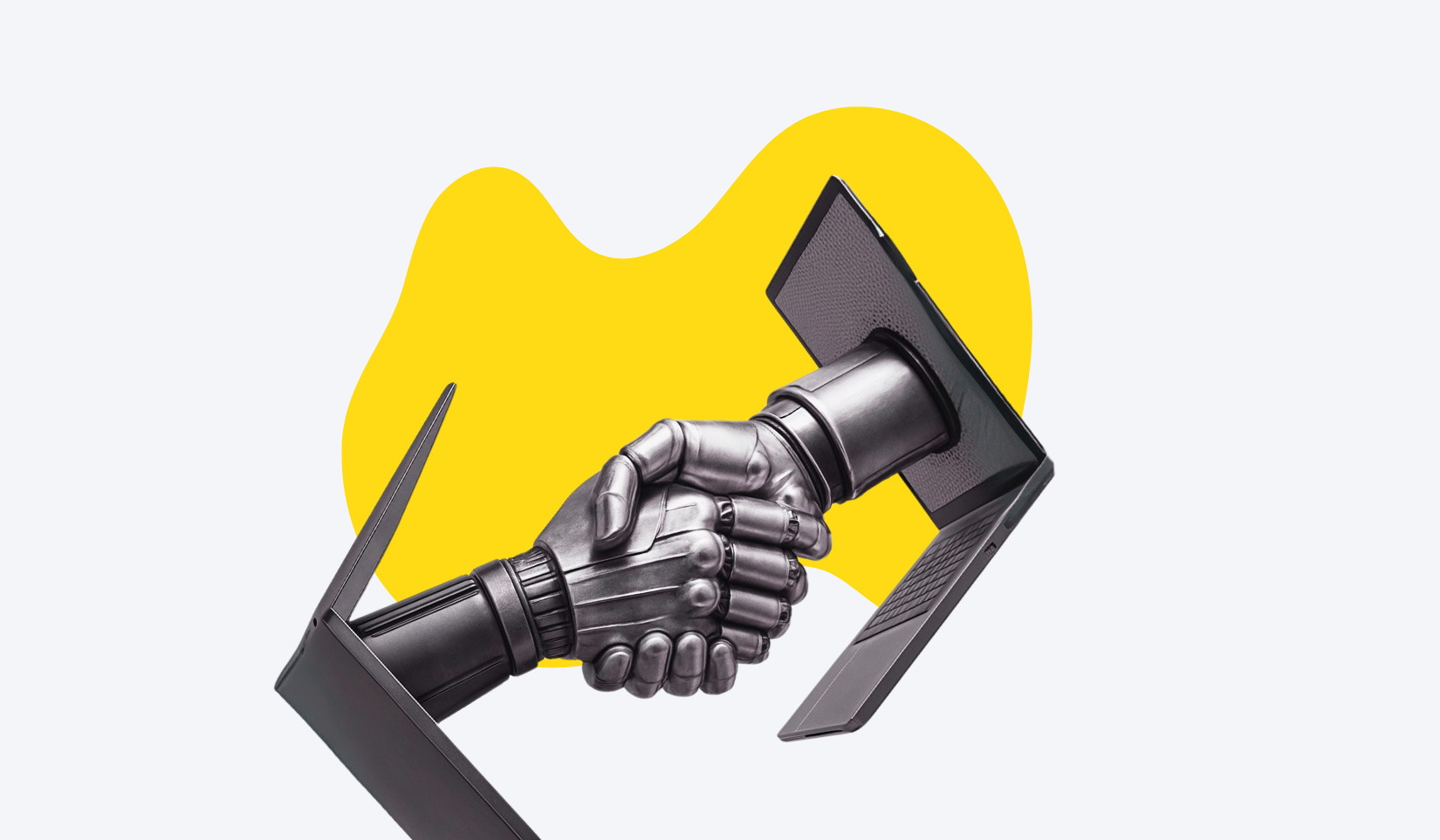AI isn’t just becoming (seemingly) smarter with the increase of model size; it’s getting weirder.
Rewind a little.
I've been in the UK for 10 years now. I still remember how awkward office conversations were in the first few years. Only in recent years did I realize that when Brits say "fine," they actually mean "It's not fine, but I'll deal with it." Or how "interesting" isn't actually "interesting."
So when I read that AI could detect irony or hints better than some humans, I was alone in the office, facepalming and smirking silly.
This is one of the topics I will cover today (Keep reading if you find yourself feeling socially disabled like I am.)
In recent research, scientists are probing the “cognitive” quirks of large language models (LLMs) and finding behaviors that we’ve seen not in any other creatures in known history but in humans.
Could AI outthink, out-bluff, and even bias against us? What would that mean for humans?
TL;DR
That's what researchers set out to uncover in some bold experiments this year. Here's what they were hoping to find, and what surprised them along the way:
Can AI really understand us by reading social cues?
Scientists wanted to know if language models are truly understanding people’s thoughts, or just faking it for applause. Is the whole AI's mind-reading ability just the newest trick of AI mimicking your behavior, or is it something that could truly shake up the boundaries between humans and AI?Can AI BS its way past us?
Researchers set a trap because they want to know whether AI would choose user satisfaction over truth? If yes, you’d see more proof that AIs become even slicker at serving up convincing nonsense, all to make sure you rely more and more on AI chatbots.Will AI start choosing another AI over humans?
No, this is not a sci-fi, nor a joke. After reading hundreds of studies on how AI impacts human behaviour, I believed nothing would surprise me or give me these unsettling feelings. When I was reading it, I thought … perhaps I read it wrong, so I double-checked. Then I paused, I felt the nervousness come up in me, and that was the point I felt that I had to tell someone just to ease my nerves and prove that I'm not crazy.
What’s this about? I will tell you all about this in the AI-AI bias section today.
AI seems to gain a different level of trust from humans, can read minds, generates convincing nonsense, and even favors its own kind.
Each insight peels back another layer of the black-box psyche of AI.
I am taking you on the journey, on a front-row seat to the AI mind’s greatest show: part magic trick, part mirror, part warning signal for the rest of us.
First time here?
2nd Order Thinkers is weekly deep dive into how AI disrupts daily life and alters human thought, often in ways you don’t expect.
I’m Jing Hu, trained as a scientist, spent a decade building software, and now I translate the latest Humans x AI studies into plain English, for someone smart and busy like you.
Hit subscribe or say hi on LinkedIn.
https://www.linkedin.com/in/jing--hu/Shall we?












